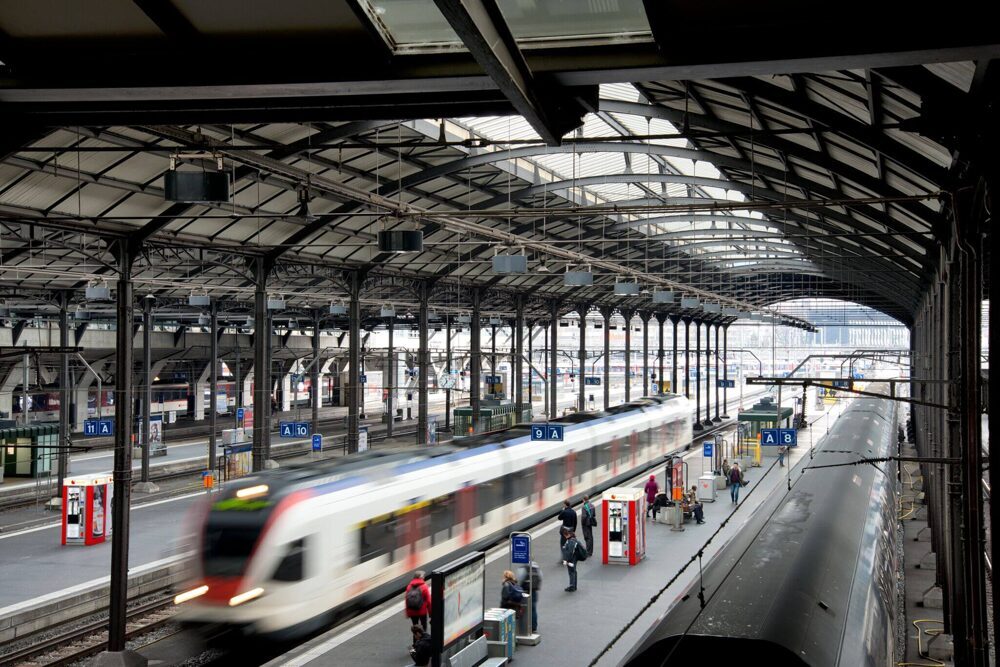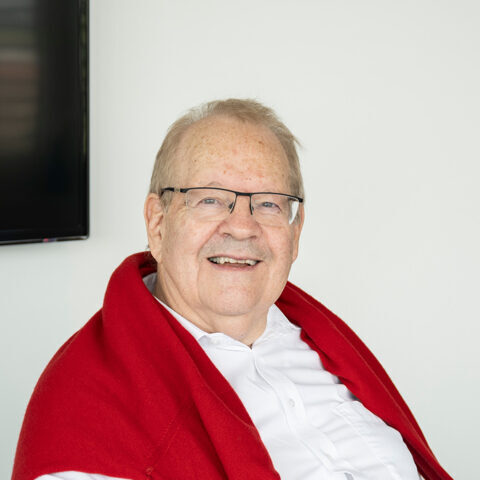hpo Practical Case Mobility
Mobility of the future: integrated railway system
Mobility is undergoing significant changes worldwide: Customers’ changing mobility needs, increased traffic volumes due to steadily rising demand, innovative solutions by new providers, and digitization pose substantial challenges for public transportation. Against the background of these challenges, hpo supported a traditional Swiss railroad company in laying the foundation for an integrated railroad of the future by implementing simple, coordinated, and efficient business processes.
Share article

A consistent, efficient business process model as the basis for an integrated railway system
Customer requirements
As mobility trends change, it is mainly the demands on integrated railroads that are increasing. Coping with the increased complexity and achieving the ambitious goals of customer satisfaction, punctuality, and safety require well-coordinated cooperation between the independent business units. This is to be achieved by implementing simple, coordinated processes as well as a consistent process orientation. This simplification also aims to increase the efficiency of the company by minimizing unnecessary votes and committees.
Aim of the project
As a prerequisite for the optimally positioned integrated railroad of the future, the company has set the goal of implementing a comprehensive and consistent business process landscape with reliable and drastically simplified processes that can be further automated in the course of digitization.
This simplification and standardization of the process management are intended to increase efficiency within the company and eliminate the silo mentality within and between the divisions through a clear assignment of responsibilities. Due to its methodical core competences in the field of corporate design, hpo was commissioned to design the division-specific business process models as well as the comprehensive process landscape of the entire company
Basis for the digital transformation
Approach
The market services of the individual divisions tailored to customer needs were defined, based on the refined positioning in the industry. In addition the division-specific business process models were derived using a uniform methodology. The focus was on the development of end-to-end responsible processes that enable a smooth and goal-oriented workflow.
A uniform basic logic for all process models had to be worked out to harmonize the process landscape. Despite significant differences between the individual divisions, it was possible to define identical milestones within the business process models and general standards regarding process architecture and visualization. The comprehensive focal points of the integrated railroad – such as customer information or punctuality – were anchored as value chains, in which the contributions of the individual areas to the respective target achievement were defined in terms of processes. The results are a reduction of interfaces, elimination of duplications, and a simplification of the committee structure. To strengthen the business process models, organizational structures were adapted where necessary, and the management as well as employees trained. A new governance structure was introduced to strengthen the process orientation. Furthermore, process managers were appointed and received an in-depth training in the new standards.
Resultats
The introduction of a common language for process modeling and implementing an interdepartmental and compatible process landscape created clear responsibilities, ensured efficient processes, and improved collaboration. The early involvement of employees in the process development process, along with the consolidation of process orientation in the mindset of management and employees, has led to a rethinking of the new way in which the divisions function. Anchoring
the integrated railroad at the process level has laid an optimal foundation for the digital transformation.

Your strategy and organisation consultancy
Who is hpo management consulting?
hpo stands for High Performance Organisations. As experts for strategy, business processes, organisation and transformation, we have been supporting nationally and globally active clients since 1995 in releasing performance potential and transforming strategies into measurable results. With our holistic and partnership-based enterprise desing approach, we reliably lead them to their goal: a consistently designed and sustainably effective High Performance Organisation - fit for the future and with a clear competitive advantage.
hpo - unlocking performance